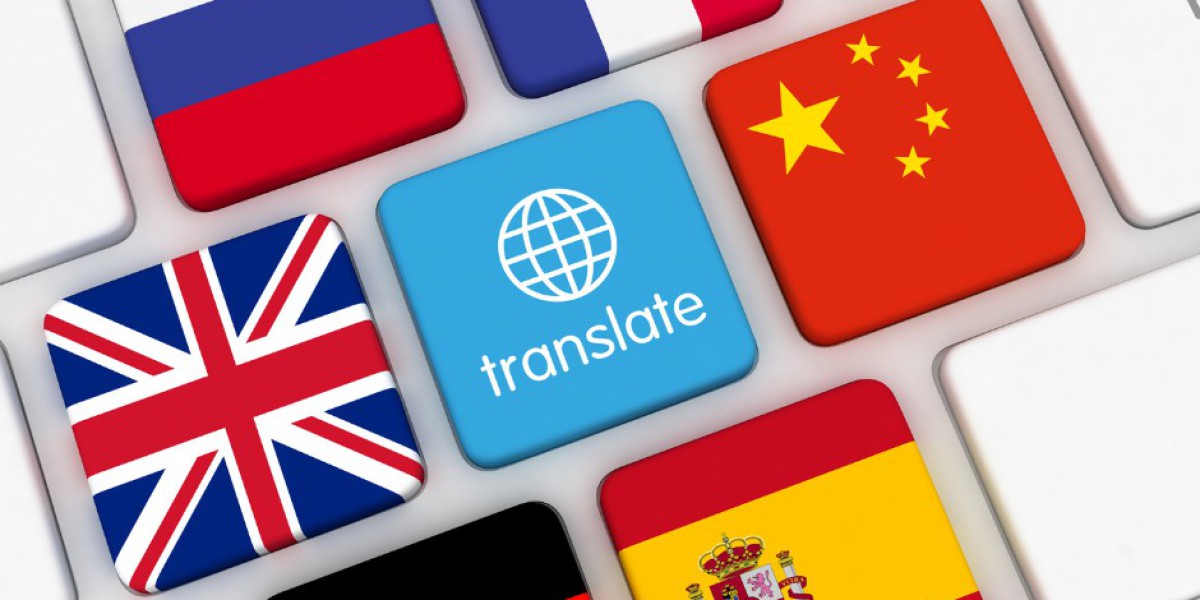In the dynamic and multicultural business environment of Dubai, the importance of certified legal translation cannot be overstated. As a global hub for commerce and trade, Dubai attracts businesses and professionals from diverse linguistic and cultural backgrounds. In this context, legal documents play a pivotal role in facilitating transactions, agreements, and legal proceedings. The need for accurate and reliable communication in the legal sphere has led to a growing demand for certified legal translation services.
Certified translation in Dubai is not merely a matter of linguistic conversion; it is a meticulous process that involves translating legal documents while maintaining the integrity, accuracy, and legal validity of the content. Whether it's contracts, court documents, patents, or agreements, precision is paramount. A minor mistranslation or misinterpretation could have severe legal consequences, potentially leading to disputes, financial losses, or even legal complications.
Reasons to Get Certified Translation
One of the primary reasons for the emphasis on certified legal translation in Dubai is the city's multicultural makeup. With professionals and businesses hailing from various corners of the globe, legal documents often need to transcend linguistic barriers. Certified legal translators are well-versed in the legal terminology of both the source and target languages, ensuring that the essence and legal implications of the document remain intact.
Moreover, in Dubai, many legal and government authorities require official documents to be submitted in Arabic, the official language of the United Arab Emirates. This adds an additional layer of complexity to legal translation, making certification a crucial aspect. Certified translations bear the stamp of a qualified translator or translation agency, attesting to the accuracy and authenticity of the translation. This stamp is often a prerequisite for documents to be recognized and accepted by government bodies, courts, and other official institutions.
The legal landscape in Dubai, with its unique blend of civil law and common law elements, requires legal translators to possess a deep understanding of both legal systems. Certified legal translators undergo rigorous training and are often well-versed in the specific legal terminology and procedures of the jurisdictions involved. This expertise ensures that the translated documents not only accurately convey the legal meaning but also comply with the relevant legal frameworks.
Conclusion
In conclusion, certified legal translation in Dubai is an indispensable element of the city's global business ecosystem. It serves as a bridge, connecting parties across linguistic and legal divides while upholding the integrity and legality of the translated documents. As Dubai continues to be a key player in the international business arena, the demand for certified legal translation will only grow, emphasizing its critical role in facilitating seamless and legally sound communication in this vibrant metropolis.


